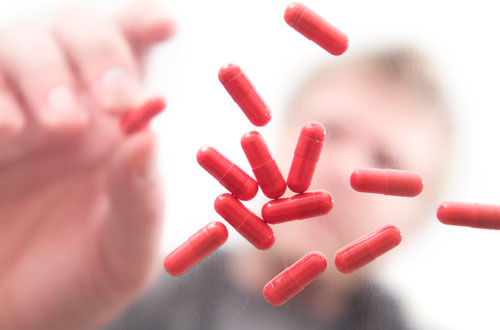
Withdrawal can be a particularly hard phase when overcoming opiate addiction, but recovery is possible. According to researchers, 9% of Americans experience opiate dependency at some point in their lives. Addicts are often unable to control themselves or stop using opiates. Additionally, experts say that the number of people abusing opiates may be greater than what is currently being estimated, since many of those affected refuse to seek help or talk about it. According to studies, only 20% of heroin addicts seek help or treatment, which leaves the other 80% untreated.
Common withdrawal symptoms:
It is important to know that the symptoms of withdrawal vary by stage.
Early stages:
- Muscle pain
- Sweating
- Body aches
- Anxiety and irritability
- Fatigue and insomnia
Final stages:
- Chills
- Nausea and vomiting
- Stomachaches
- Diarrhea
Outlook and Treatment:
Opiate withdrawal can be painful, which often leads addicts to quit before the treatment begins its course. Abusing opiates after treatment or attempts to quit increases your risk of death due to the decreased tolerance of your organism towards the drug. Even though withdrawal can be difficult and painful, it is not life threatening. If you or a loved one is addicted to opiates or other drugs, it is best to contact a doctor or seek help. Addiction is a serious and risky condition which should not go untreated.
Are you or a loved one living with opioid dependency? See if you qualify for Segal’s clinical research study today!
Source: http://www.healthline.com/health/coping-opiate-withdrawal#Overview1

